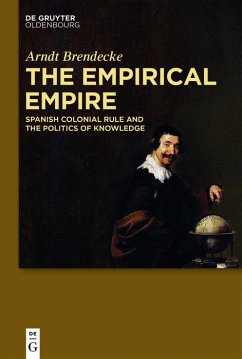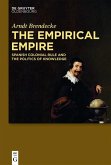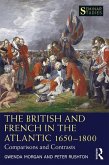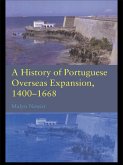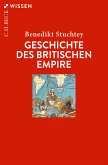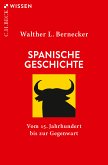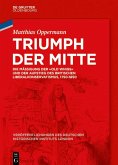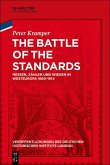Dieser Download kann aus rechtlichen Gründen nur mit Rechnungsadresse in A, B, BG, CY, CZ, D, DK, EW, E, FIN, F, GR, HR, H, IRL, I, LT, L, LR, M, NL, PL, P, R, S, SLO, SK ausgeliefert werden.
Christop Rosenmüller in: Hispanic American Historial Review, 98 (2018), 2; 302-304
"Meticulously argued and well documented, Brendecke's book is a comprehensive, insightful analysis of the relationship between information and governance in the early modern Spanish imperial context. He brings to this question a critical eye trained to scrutinize any narrative for embedded politics and hidden intentions."
María M. Portundo, Hispanic Review
"... a remarkable book. It shatters many a preconception about the alleged relationship between empiricism, objectivity, and early modern imperial expansions. More importantly, it openssignificant new perspectives on the links between knowledge and power."
Jorge Cañizares-Esguerra, Journal of Early Modern American History
"Brendecke bridges the gap between European and Latin American history to arrive at new interpretations of the function of knowledge in the constitution of authority and power."
Nino Vallen and Marcela Suárez Estrada, Critical Reviews on Latin American Research

